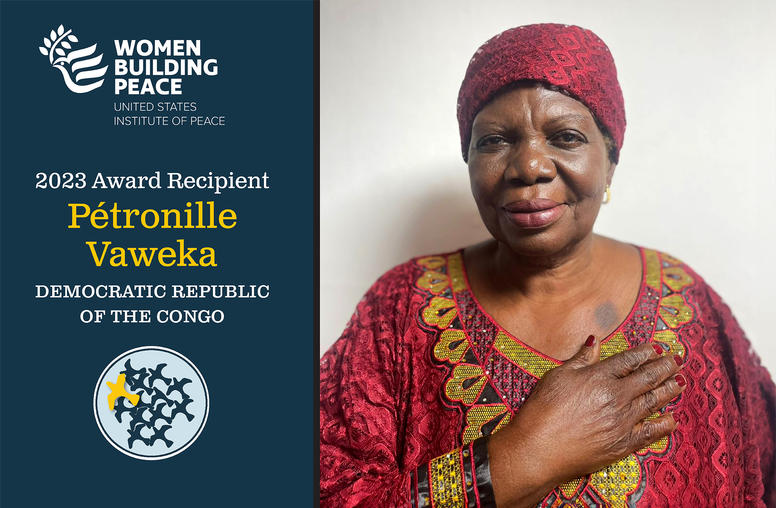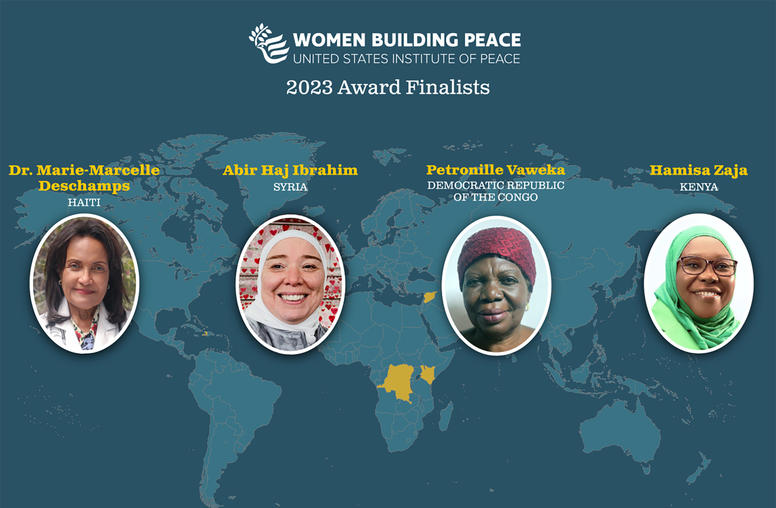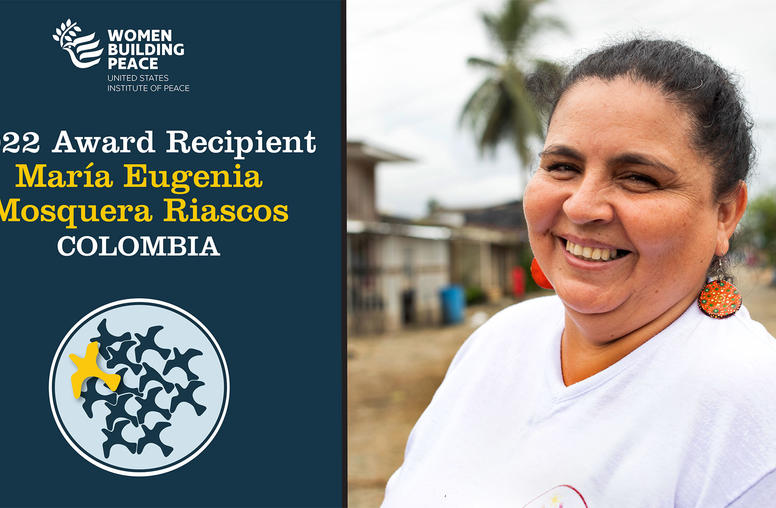Europe Takes the Lead in the Balkans
Newsbyte examines European and American roles in Balkans security.
WASHINGTON--As the geo-strategic focus of the U.S. shifts to combating global terrorism and rogue states armed with weapons of mass destruction, the burden of the Balkans is inexorably falling to Europe. Much has changed since the early 1990s when Europe failed in its efforts to respond to the unfolding Balkans tragedy. Will a much changed Europe be up to the task this time? What should the U.S. do to set our allies up for success in securing the peace?
On Monday, February 25, 2002, the U.S. Institute of Peace organized a Balkans Working Group to discuss these issues. While the discussion was not for attribution, this Newsbyte summarizes the main arguments.
European Capabilities Have Improved
Consensus is building on both sides of the Atlantic that Europe should assume lead responsibility for the Balkans. The Balkans remain a primary security interest for Europe, while the U.S. needs to focus on the post- September 11 security challenge. There are reasons for optimism that our transatlantic partners can now cope:
- Wartime Balkans leaders have disappeared and military confrontation is unlikely.
- The people of the Balkans, especially the youth, recognize their future lies in Europe.
- The European Union (EU) is well-equipped to deal with economic decline and institutional decay.
- Europe has put in place an astute cadre of committed and well-informed leaders.
- Talk of exit strategies has given way to a long-term political commitment.
- The EU bureaucracy has become more proficient at delivering development aid.
But There is Major Unfinished Business in the Balkans
Urgent humanitarian, military and reconstruction needs have been met, with Europe providing the lion's share of the resources, but serious challenges remain:
- The future political configuration of Kosovo, Macedonia, Montenegro, Serbia, the Fomer Republic of Yugoslavia, and Bosnia remains unclear and could cause regional instability.
- Too much political and economic power remains in the hands of people linked to organized crime and state security services, which exploit ethnic tensions to hold on to power.
- The economic pie is still shrinking. Growth requires clear property rights, especially to dwellings and small businesses that were "socially owned" in former Yugoslavia.
- Weak states provide few services and their judiciaries are no match for criminal and terrorist networks.
Europe Will Have to Meet Tough Tests
Europe cannot fail to meet five tests if it is to pursue its ambitions in foreign, security and defense policy:
- Political will and unity: The EU needs to plant its "Blue Flag" where the problems are. Encouraging signs include the EU commitment to assume the UN role in police reform in Bosnia and the EU's continuing role in Kosovo as the steward of reconstruction and development. The EU may soon take over the NATO mission in Macedonia and the top civilian job in Bosnia. It remains to be seen whether the EU can coordinate these efforts and restrain divergent national agendas.
- Resources: Political aspirations require resources. On this score Europe fails to inspire confidence, despite past generosity. Current Balkans programs compete against other aid priorities. Planned funding appears insufficient. The EU should finance Balkans development the way it has in other future member countries.
- Military capability: Europe has cut its defense budgets too much and lacks essential lift, intelligence and communications capabilities. Currently available military police/gendarmes with civilian experience are insufficient to meet the need. Europe needs to beef up its military capabilities.
- European integration: Eventual EU membership is an important incentive but remote. A revised approach should deliver quicker benefits in return for taking the bitter medicine of economic reform. Fragments of the former Yugoslav economy should be knitted together regionally, starting with electricity.
- Implementation: The European Agency for Reconstruction has accelerated the process, but Europe still lags in delivering aid. It needs to empower its field missions.
The US Still Needs to Play a Strong Supporting Role
As the baton passes to Europe, a key challenge will be ensuring that U.S. interests in the region are not sacrificed and that the U.S. can follow where the EU leads. The U.S. and EU need to make it clear that their visions for the region are convergent: the Balkans states belong in Europe, borders will not be changed to accommodate ethnic nationalists, and status issues should be resolved peacefully and, most thought, within the next few years.
Within this overall vision, the U.S. is particularly important in:
- Maintaining credibility, especially with the Bosnian and Albanian communities.
- Meeting any major military or terrorist risks.
- Establishing the rule of law and ensuring terrorists do not find refuge in the Balkans.
- Moving the Balkans away from aid by matching European trade concessions.
- Pressing Balkans states to cooperate with the War Crimes Tribunal in The Hague.
- Helping Europe think through options and strategies.
As the EU takes over, U.S. influence will necessarily diminish. Burden-sharing should entail power-sharing. A continuing policy dialogue at NATO and elsewhere is needed to avoid a repetition of the paralysis of the early 1990s, caused by U.S./European discord.
The views summarized here reflect the discussion at the meeting; they do not represent formal positions taken by the Institute, which does not advocate specific policies.
The United States Institute of Peace is an independent, nonpartisan institution established and funded by Congress. Its goals are to help prevent and resolve violent international conflicts, promote post-conflict stability and development, and increase conflict management capacity, tools, and intellectual capital worldwide. The Institute does this by empowering others with knowledge, skills, and resources, as well as by directly engaging in peacebuilding efforts around the globe.


